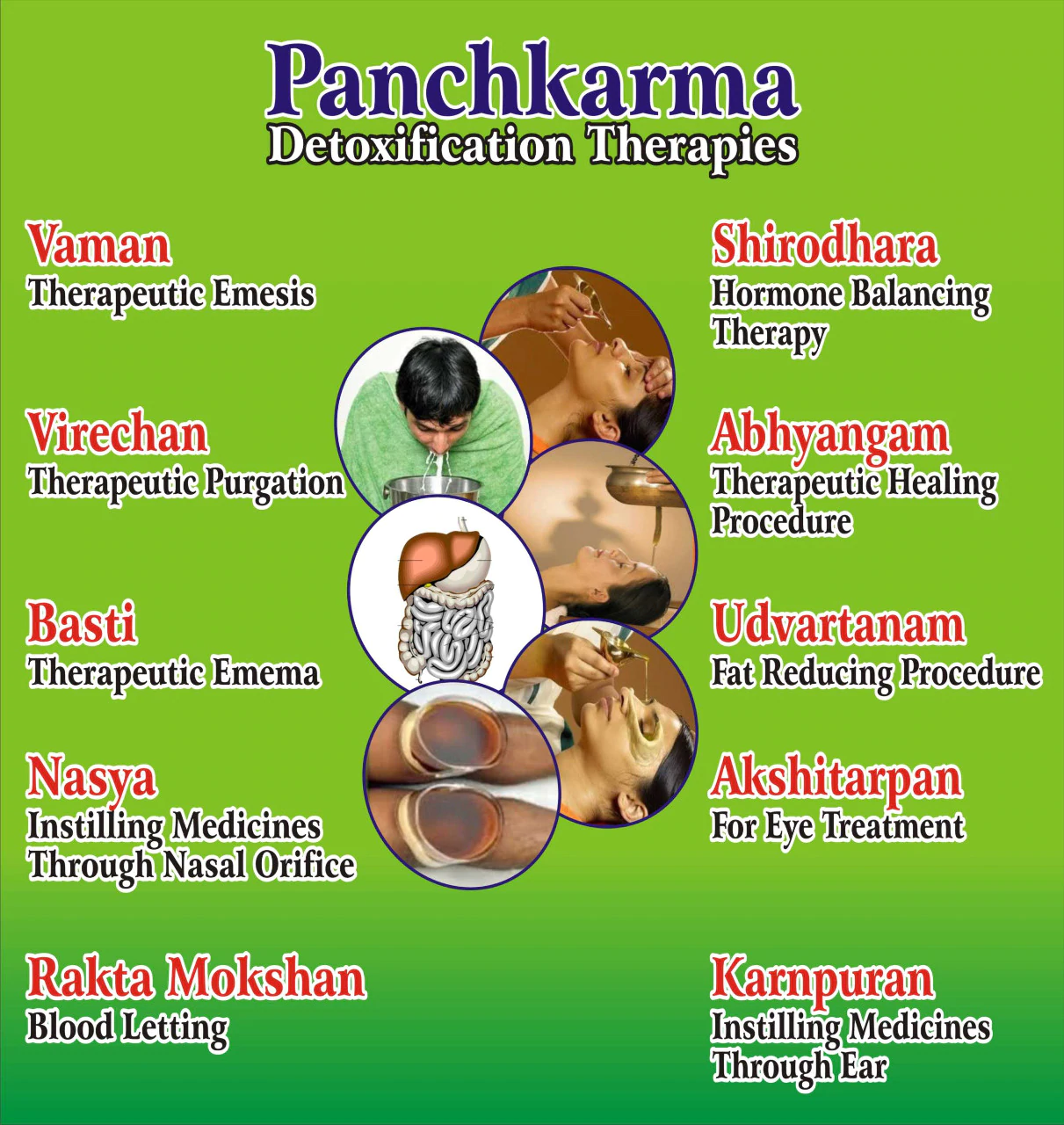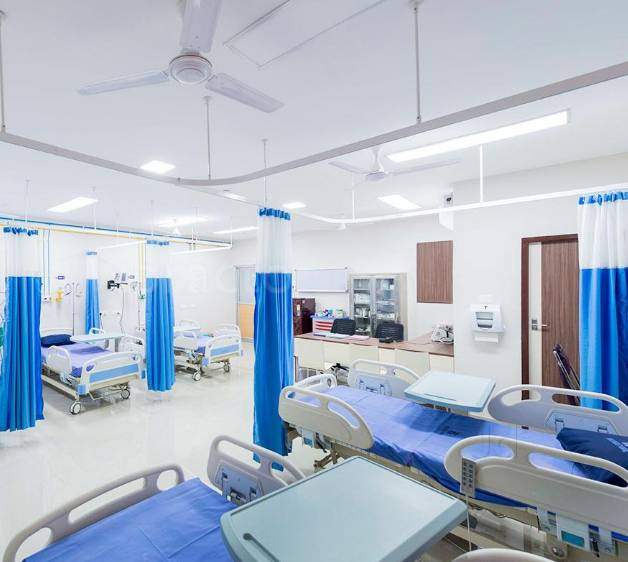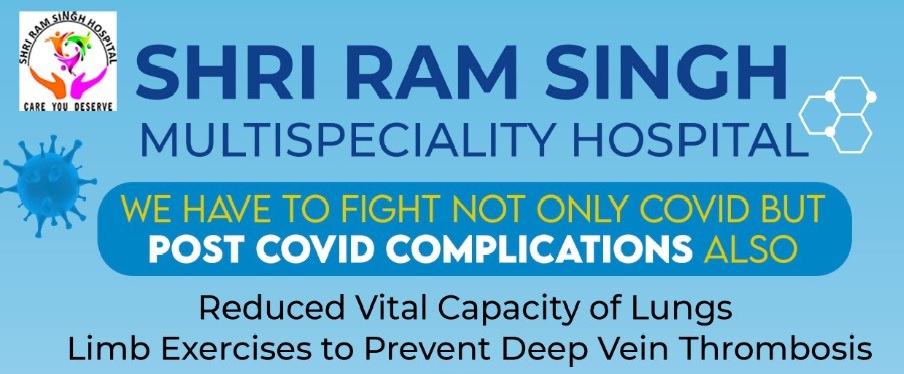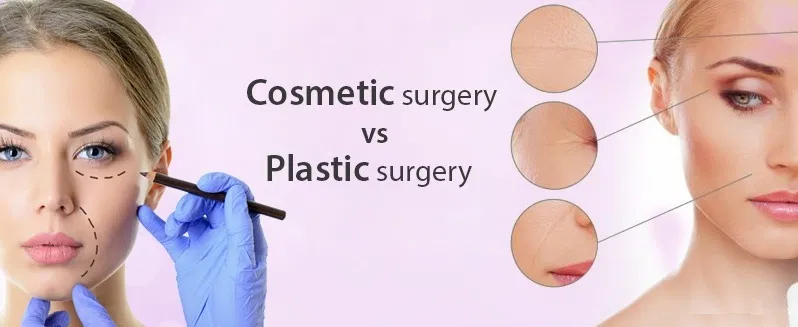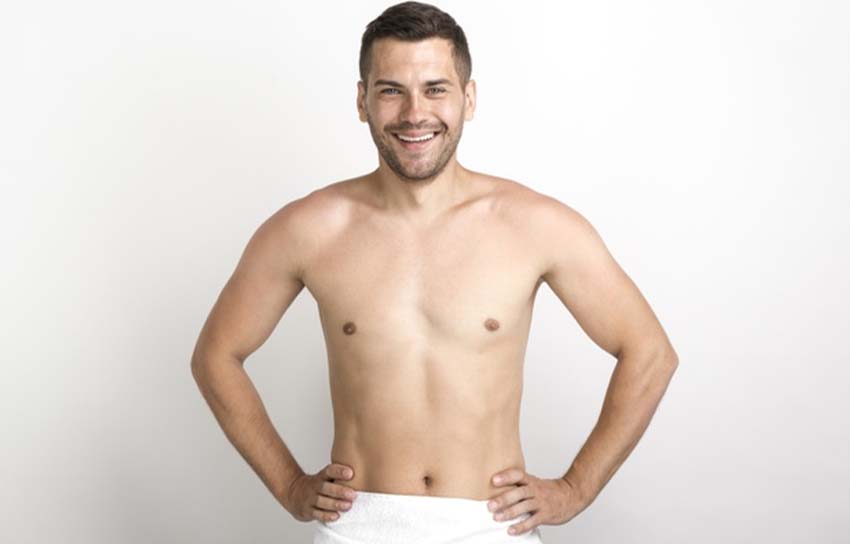What is Panchakarma?
Panchakarma includes five natural methods of purgation or elimination, giving the body an intensively detoxifying the body, while balancing the three doshas: Vata, Pitta and Kapha.
Vamanam (Emesis Therapy or vomiting): This process is well supervised at The Ayurvedic Healing Village, by highly trained therapists at our certified Panchakarma hospital. Vamanam is induced to eliminate Kapha, which causes the excess mucus. Congestion in the lungs causes repeated attacks of bronchitis, cold and cough. Vamanam is the best treatment for Kapha-related diseases, as well as chronic skin disease such as psoriasis.
Virechanam (Purgation): The elimination of toxic matter from the intestines by administering therapeutic purgation or a therapeutic laxative, Virechanam is an especially effective cure in cases of jaundice and hemorrhoids.
Aasthaapana/Niruham: An enema using quath or Kashaya Vasti and combating vata dominant disease, (Vata is dominant in the colon). Vasti involves the introduction of a herbal concoction into the rectum, relieving constipation, kidney stones, backaches, sciatica and other types of joint pain.
Anuvaasan (Oil enema): This is given to patients suffering from diabetes, anemia and obesity. All Vata aggravated diseases, such as joint disorders, paralysis, constipation, arthritis, urinary and reproductive disorders benefit from the practice of Anuvaasan.
Nasyam: The inhalation of medicated oil through the nostrils, eliminating any excess of humours accumulated in the sinus, throat, nose or head areas. The patient’s body is massaged from the shoulders upwards, causing it to perspire. An exact dose of the herbal medicine is poured into the nostrils as the patient inhales. During the process, the area around the nose, neck, shoulders, palm and feet are rubbed. This is highly beneficial in conditions such as sinusitis, migraine, chronic cold and chest congestion. In case of hemiplegia and facial paralysis, nasyam is very effective.
Diet is important both during and after Panchakarma. After the purification process, the patient should take Kitchari (a mixed veg meal) whenever he feels hungry. He should maintain this diet for three to four days, slowly increasing the variety of other items like ginger, pepper, salt, green gram soup and other pulse soups, and increasing the quantity gradually.
Detoxification from the ama and purification of the bodily tissues can be touted as the only answer to the ever escalating angst and restlessness in the cacophony of this ruthless world. In the present scenario, it has become highly imperative to be relevant all times. Practically, seems impossible because of our habits and the stress we undergo throughout the day. The only way out is to dig deep into our roots and rejuvenate our body, mind and soul and maintain equilibrium that will not only keep you active all day, but will maintain your health as well; through Panchakarma treatment that anneals immunity by aiding removal of morbid dosha, damaged dhatu and obstructed mala.
Panchakarma is a combination of five procedures of purification- Vamana (Emesis), Virechana (Purgation), Niroohavasti (Decoction enema), Nasya (instillation of medicine through nostrils), and Anuvasanavasti (Oil enema). These procedures aim at plucking away the deep rooted imbalances in the body.
Ayurveda, our ancient science, underlines that stress and strain ferociously harms our gastro-intestinal tract, resulting in inflammation and slow digestion, which leads in creating ama and hence diseases and imbalances. Detoxifying and rejuvenating with Panchakarma enhances energy and mental clarity. By resetting digestion, Panchakarma therapy let the body detox naturally. Due to its enormous potency and instantaneous effects that last longer, this method has been deemed incredibly effective in fighting off against afflictions. Panchakarma is the true embodiment of Ayurvedic values and it lives up to its reputation.
